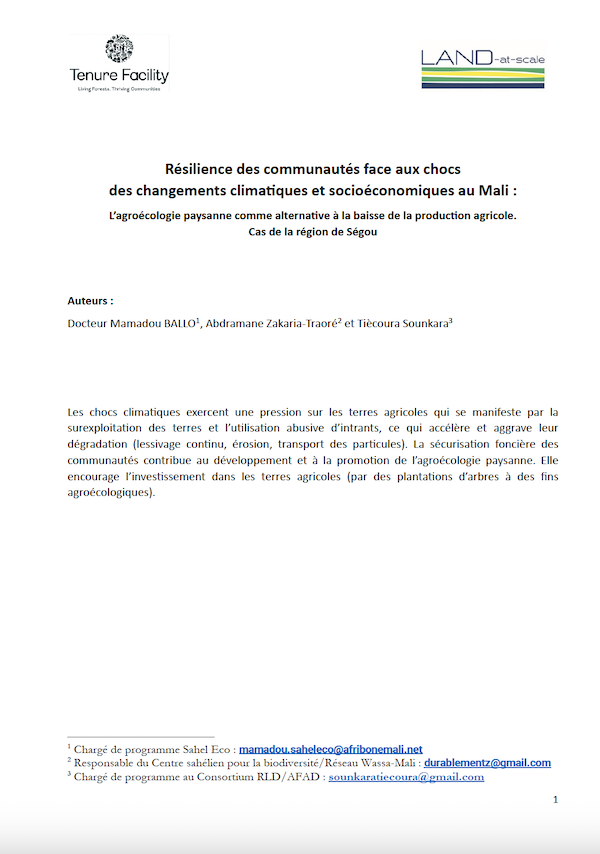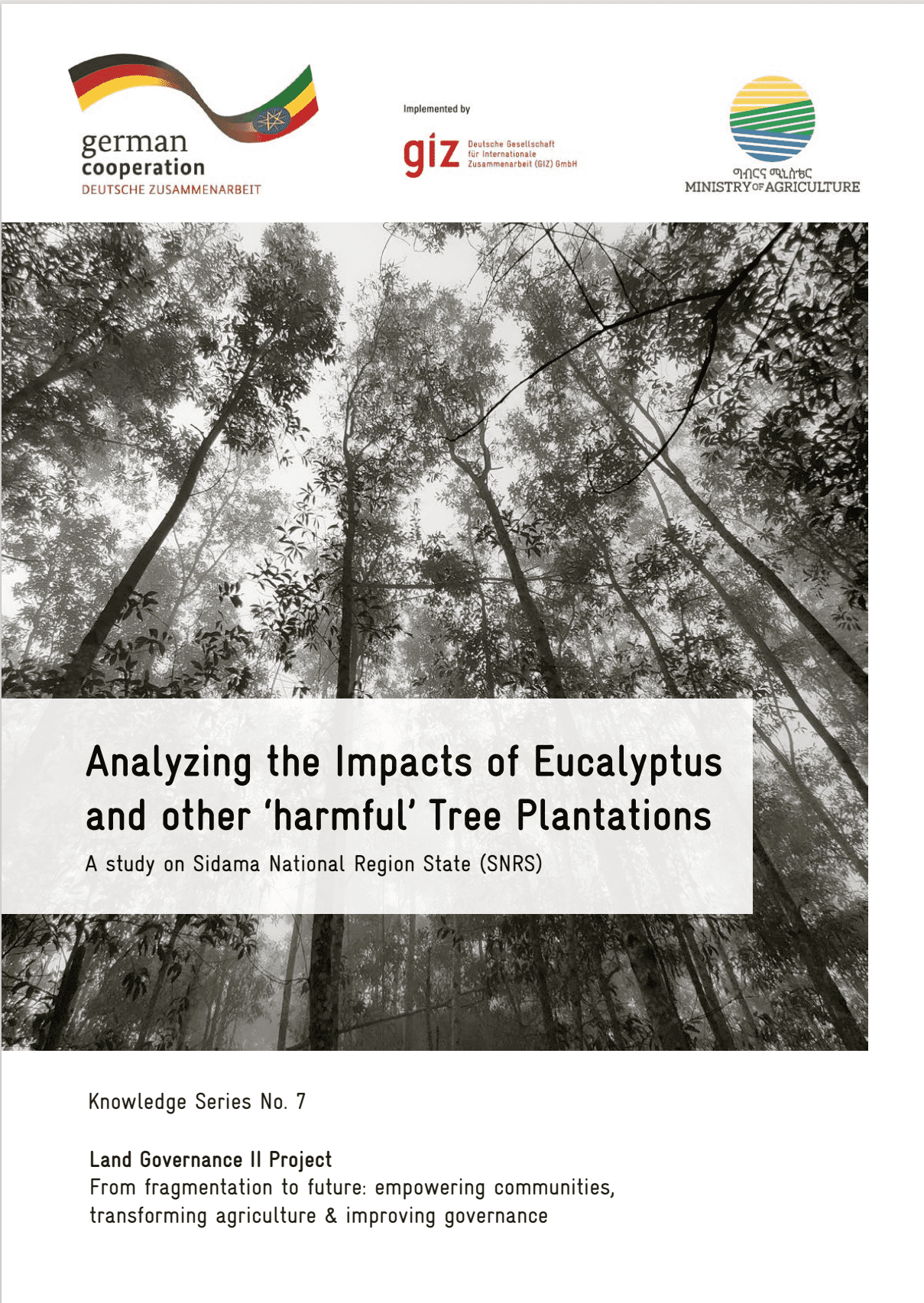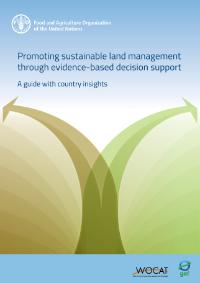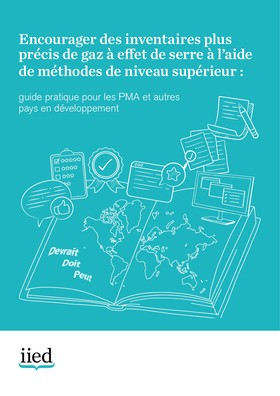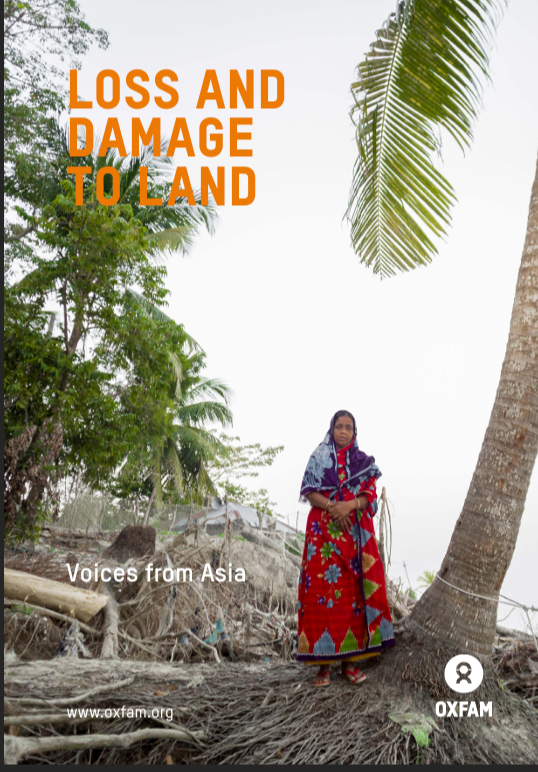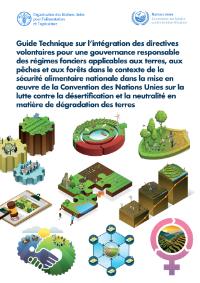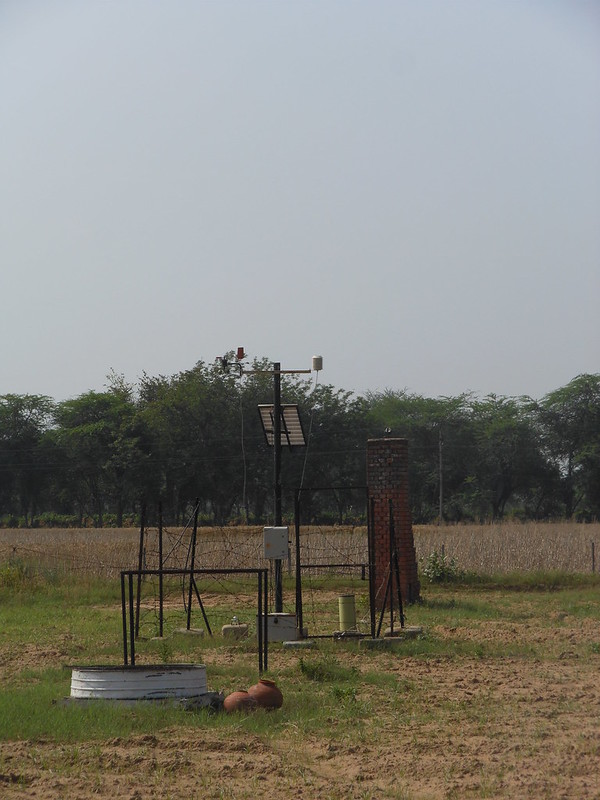Progress towards the SDG land degradation and restoration commitments
When UN member states adopted the Sustainable Development Goals (SDGs) in 2015, we celebrated world leaders’ recognition of the foundational and strategic role that sustainable land management must play to advance climate resilience, biodiversity conservation, and maintain sufficient food supplies for us all.

